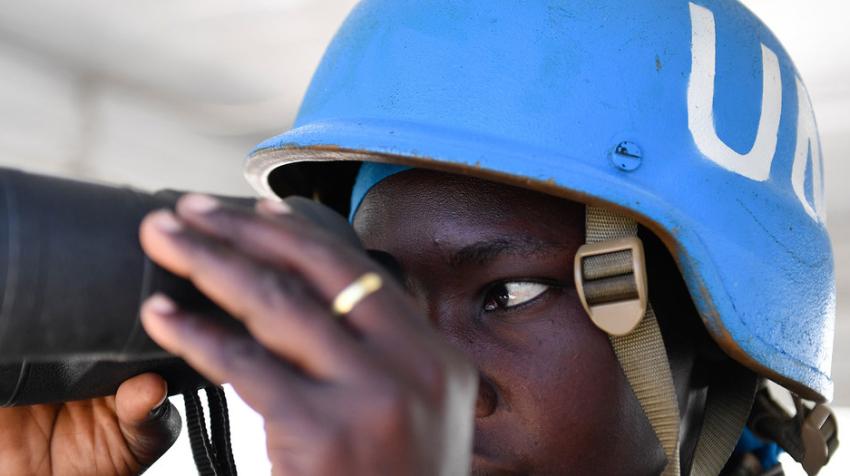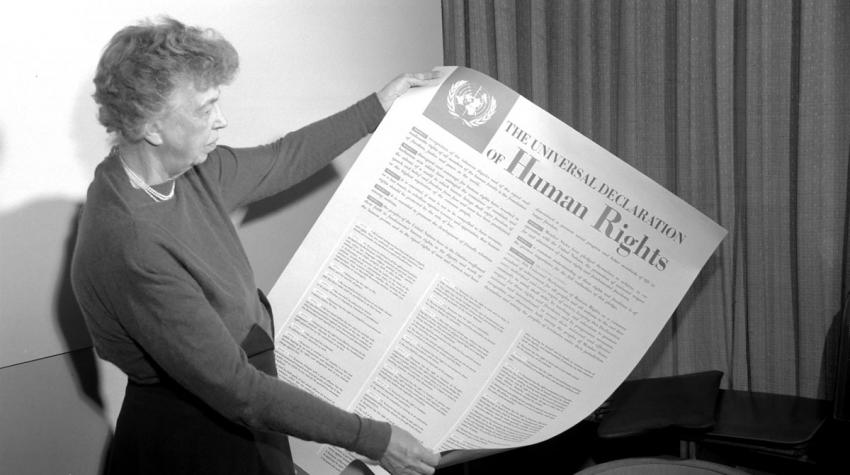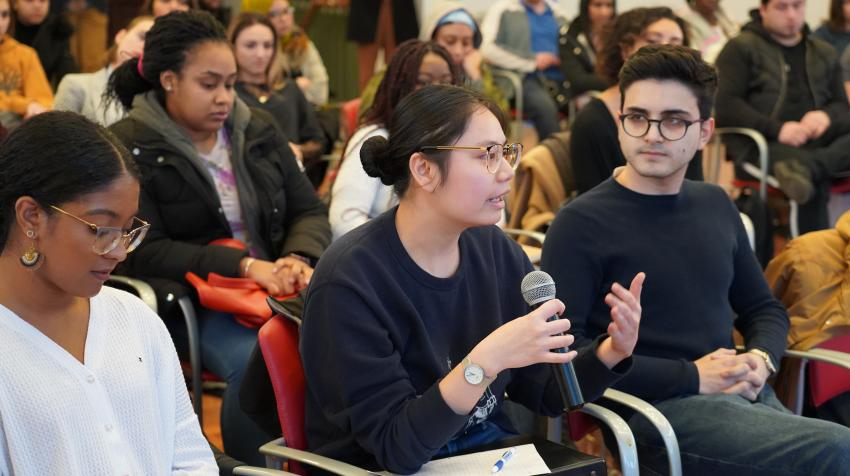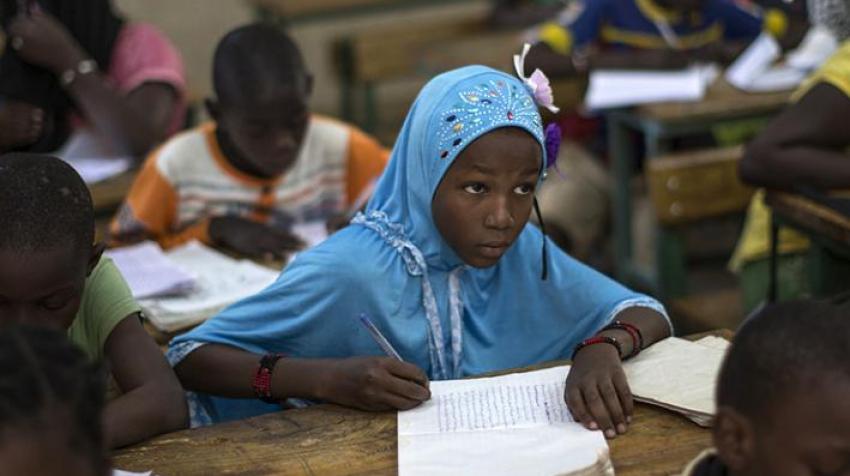
UN Charter
The UN Charter is the constitutive instrument of the United Nations, signed on 26 June 1945. It sets out the rights and obligations of Member States and establishes the principal organs and procedures of the United Nations.

Sustainability
Sustainable development requires an integrated approach that takes into consideration environmental concerns along with economic development.

Peace and Conflict Resolution
The United Nations Charter notes that the United Nations was founded to “save succeeding generations from the scourge of war.” Tragically, there have been over 250 armed conflicts since the Charter was signed in 1946.

Intercultural Dialogue
Dialogue among civilizations is part of the fundamental structure of the United Nations.

Human Rights
One of the great achievements of the United Nations is the creation of a comprehensive body of human rights law, a universal and internationally protected code to which all nations and peoples can subscribe and aspire.

Higher Education
Historically, higher education has often been inaccessible to groups such as women, ethnic and racial minorities, the disabled and the poor.

Global Citizenship
Global citizenship is the umbrella term for social, political, environmental, and economic actions of globally minded individuals and communities on a worldwide scale.

Education For All
Education is the basic building block of every society. It is the single best investment countries can make to build prosperous, healthy and equitable societies. Article 26 of the 1948 Universal Declaration of Human Rights states that “Everyone has the right to education.”

Capacity-Building
Capacity-building is defined as the process of developing and strengthening the skills, instincts, abilities, processes and resources that organizations and communities need to survive, adapt, and thrive in a fast-changing world.

Addressing Poverty
Nearly half of the world’s population currently lives in poverty, defined as income of less than US $2 per day, including one billion children. Of those living in poverty, over 800 million people live in extreme poverty, surviving on less than US $1.25 a day.
